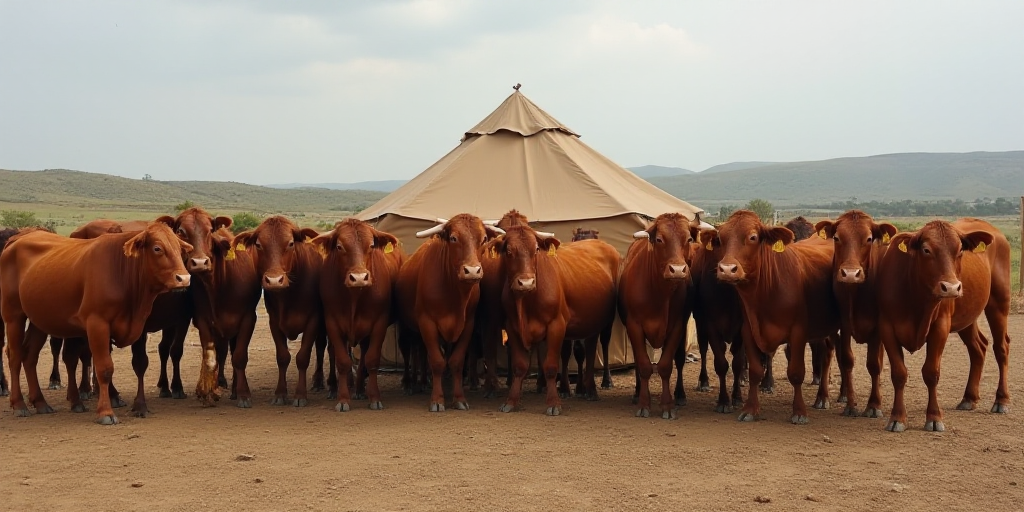Jalisco Confirms No Cases of Cattle-Killing Worm
Guadalajara, Jalisco – Despite 48 suspected cases, Jalisco, known as Mexico’s agricultural powerhouse, has not confirmed the presence of the cattle-killing worm, according to Antonio Ruelas, president of the Regional Cattle Producers Union (UGRJ).
“As of today, we have not had a single positive case in Jalisco,” Ruelas affirmed.
Potential Price Impact on Local Producers
Although Jalisco does not export live cattle to the United States, both producers and state authorities warn that a prolonged closure of US borders for cattle imports could negatively affect local producers through a drop in prices.
“Currently, there is no economic impact on Jalisco’s cattle producers. However, if the border closure persists for a long time, there will undoubtedly be more cattle supply, and the attractive prices in the current bovine market could fall,” warned Eduardo Ron Ramos, head of the Secretaría de Agricultura y Desarrollo Rural (SADER) in Jalisco.
Ron Ramos added, “The United States must have biosecurity measures, but they also face a shortage of cattle and meat. We expect that in the next 15 days, the US will adjust its strategy, and cattle exports to the US will continue.”
Efforts to Recover Export Capabilities
Four years ago, ten municipalities in Jalisco’s northern region lost their accreditation to export cattle to the United States. Now, Jalisco is preparing to regain certification that would enable its cattle producers to resume international trade.
“A few years ago, we were exporting around 3,000 animals from the accredited northern zone, which includes municipalities like Colotlán and Villa Guerrero bordering Zacatecas. Currently, we have no accredited zones for exports, but we are working on a new zone adjacent to Colima,” UGRJ president Antonio Ruelas explained.
“We have a strategy with Colima in the neighboring region, focusing on Cihuatlán, Cuautitlán, Zapotlán de Vadillo, and Tolimán municipalities to eradicate brucella and tuberculosis. We hope to declare the first export zone for calves to the US next year,” said Ron Ramos, SADER head in Jalisco.
Key Questions and Answers
- What is the issue at hand? The United States has imposed a ban on cattle imports, which could lead to lower prices for Jalisco’s local cattle producers.
- Why is Jalisco concerned? Although Jalisco hasn’t confirmed cases of the cattle-killing worm, prolonged border closure could negatively impact local producers through increased cattle supply and falling prices.
- What is Jalisco doing to address the situation? Jalisco is working on regaining export certification to resume international trade and collaborating with neighboring Colima to eradicate diseases and establish export zones.
- What are the current export capabilities of Jalisco? Currently, there are no accredited zones for exporting cattle in Jalisco. However, efforts are underway to establish a new accredited zone adjacent to Colima for future exports.






